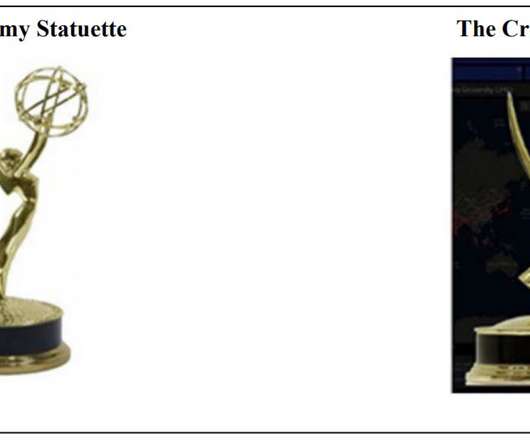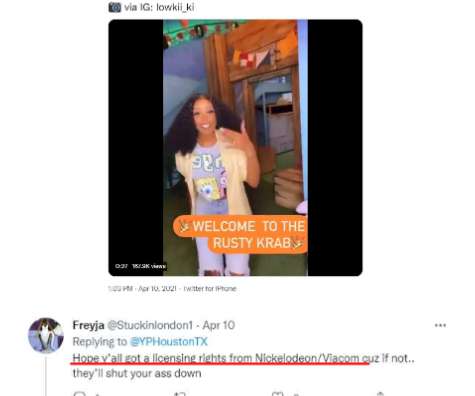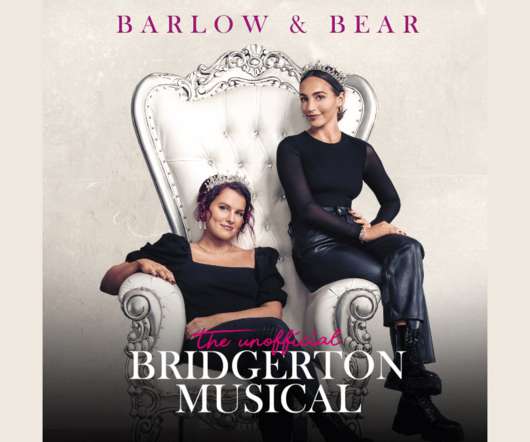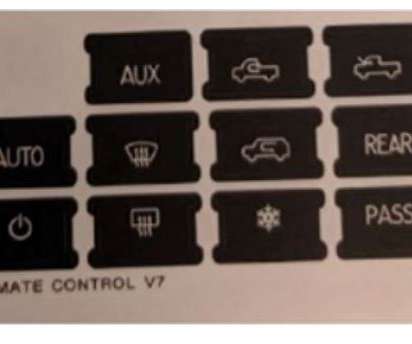NFTs Excite Hollywood But Not Because They Can Solve Piracy
TorrentFreak
FEBRUARY 8, 2023
“NFTs represent an exciting business opportunity for MPA’s members to promote their core products —motion pictures and television programs — in new ways, expand their merchandise offerings, and connect with their audiences on a deeper level,” the MPA writes. ” The MPA seems positive about the potential of NFTs.













Let's personalize your content